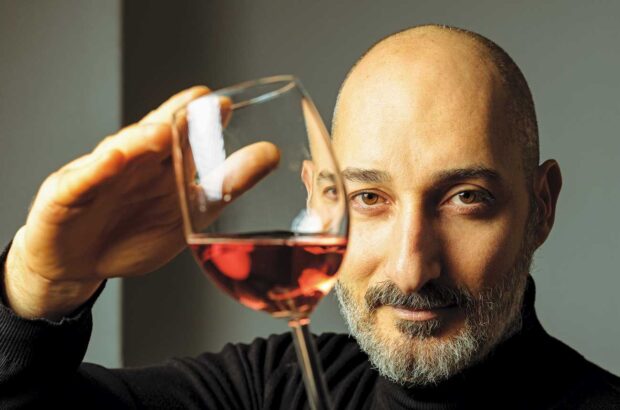Closure manufacturer Sabate is committed to developing a radical new method of eliminating cork taint.
The France-based company, which makes a variety of cork-based closures and supplies thousands of wineries worldwide, has just completed a comprehensive scientific survey into the effects of various closures on wine.
The survey aimed to determine the effects of closure permeability on wine, and to assess the company’s new TCA (cork taint) cleaning process, the CO2 supercritical fluid extraction process.
All closures tested which had been through this process were found to have less than 0.2 parts per trillion (ppt) TCA. As a result of these findings the company will go ahead with producing an industrializable CO2 supercritical fluid extraction process.
Spokesman Joe Wadsack confirmed the company would develop a workable way of treating the one billion per year cork-based closures it manufactures. The process could be on stream ‘within five years’, but it was impossible at this stage to commit to a timescale.
Sabate’s survey, carried out in association with the Campden and Chorleywood Food Research Association and the City of London Cass Business School, tested a total of 2112 bottles of VDP Gascogne French white and Chilean Cabernet/Merlot.
The bottles were sealed with a variety of Sabate closures, both treated and untreated. 240 of the bottles were sealed with a ROTE (roll-on tamper evident) screwcap.
The wines were tasted by a panel of wine trade professionals, and simultaneously subjected to chemical analysis. The survey also tested the company’s quality control procedure, and found the incidence of taint in closures that had been quality-controlled was negligible.
Sabate cannot say what sort of investment will be necessary to industrialise the CO2 supercritical fluid extraction process. When it is in operation the company expects its entire production – one billion corks a year – to be subjected to the new process.
Written by Adam Lechmere20 November 2002






